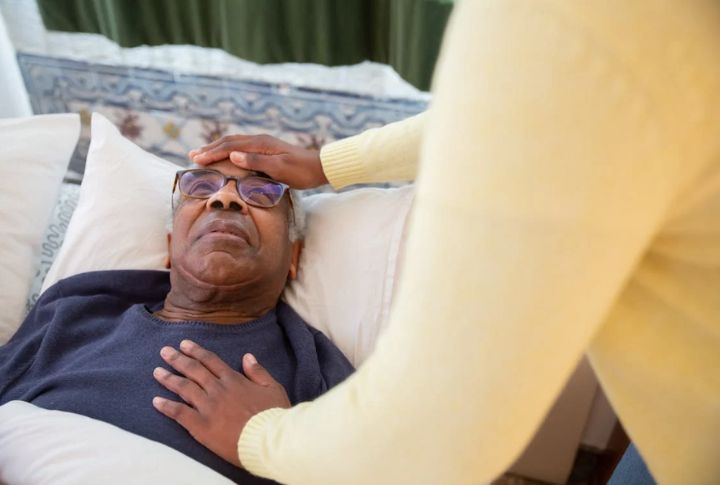
Death doesn’t usually arrive in one clean moment. The body starts changing ahead of time, following its own timeline. It slips into a different pace and adjusts in ways that often go unnoticed. These aren’t dramatic turns, and this article walks through ten changes that tend to happen right before the end begins.
Breathing Patterns Become Irregular
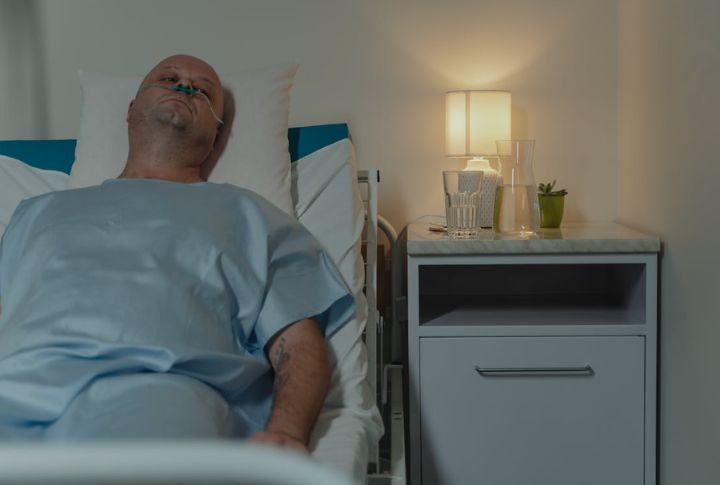
Cheyne-Stokes respiration is a pattern of rapid breathing followed by long pauses, signaling the brain’s reduced control over respiration. Breathing may stop for up to 60 seconds before resuming. These pauses can be alarming, and families tend to mistake them as the moment of death, though breathing frequently returns briefly.
Hands And Feet Turn Cold
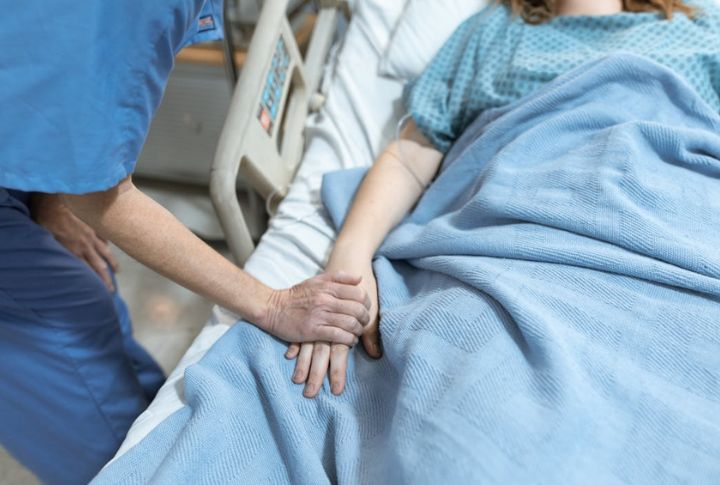
As circulation slows, blood is redirected to vital organs, resulting in reduced flow to the extremities. Skin temperature drops, sometimes appearing mottled or blotchy, particularly in areas such as the fingers and toes. An external cold doesn’t cause this, and a warm blanket won’t help. It’s a sign of the body entering systemic shutdown, prioritizing survival over warmth.
Pulse Becomes Weak And Hard To Detect
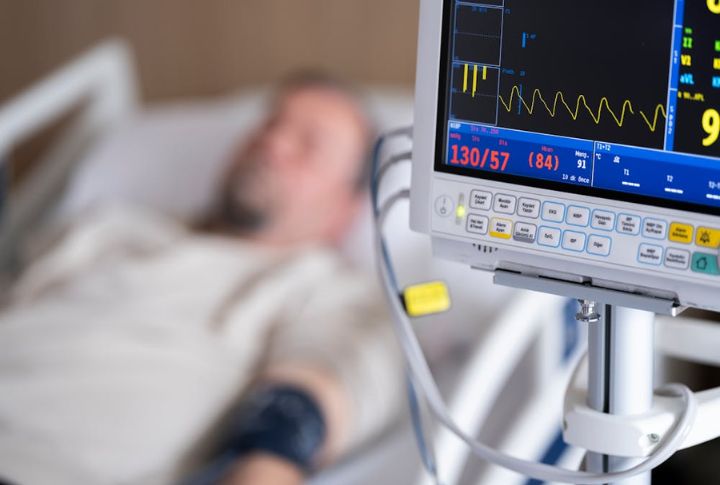
The heart slows significantly, and blood pressure drops, which leads to the disappearance of peripheral pulses in the wrists or feet. Sometimes, only a faint carotid pulse in the neck can be detected. Despite the near absence of circulation, the person may remain conscious.
Skin Color Changes To Blue Or Purple
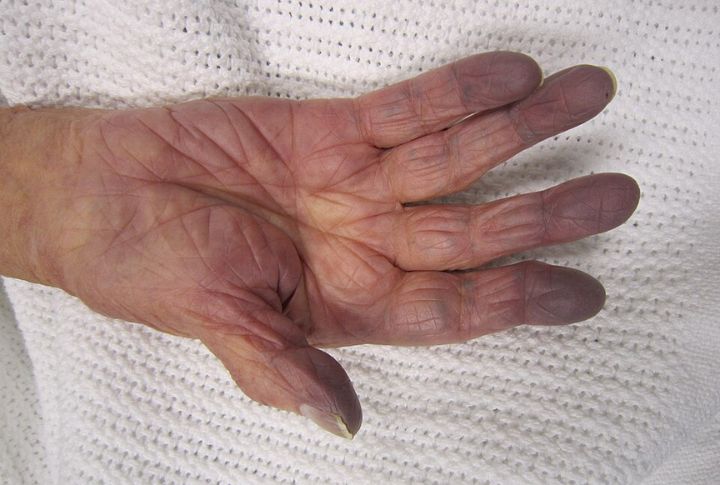
Cyanosis shows up as a blue tone on the skin, and it usually means the blood is low on oxygen. It is commonly observed in the lips, nail beds, and ears. The condition is more easily detected in individuals with lighter skin tones. In those with darker complexions, cyanosis may resemble subdermal bruising caused by pooled blood.
Muscles Lose Tone And Control
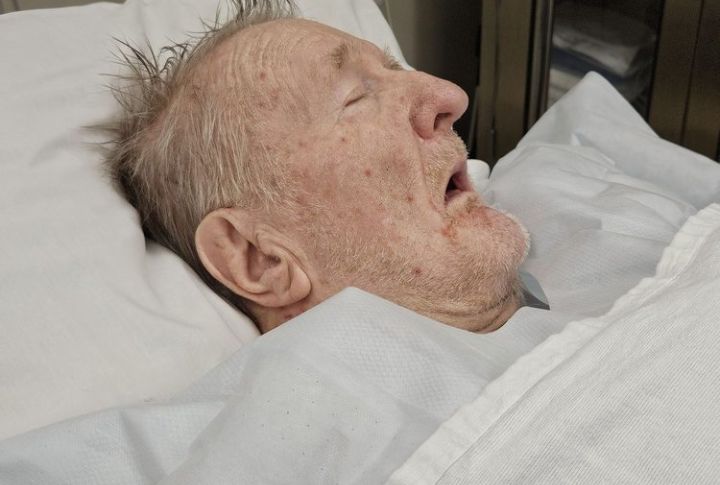
As the brain and spinal cord slow communication, the body begins to relax. This can result in a slack jaw, softening of facial muscles, or loss of bladder or bowel control. Occasionally, reflex twitches may occur, even after breathing has stopped, as the nervous system gradually shuts down.
Eyes May Stay Open Or Become Cloudy
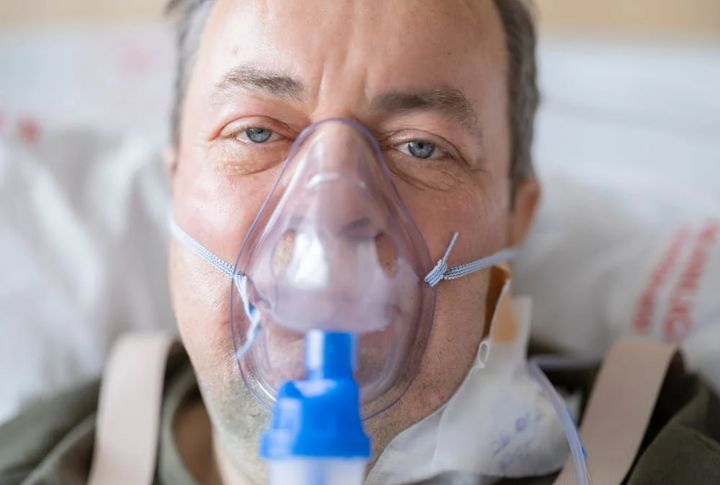
In the final hours of life, fading muscle control prevents the eyelids from fully closing. The cornea may dry and turn hazy, creating a glassy, vacant stare often described as “seeing beyond.” As brain function declines, the pupils may dilate unevenly, reflecting the body’s gradual shutdown and loss of awareness.
Hearing Is The Last Sense To Go
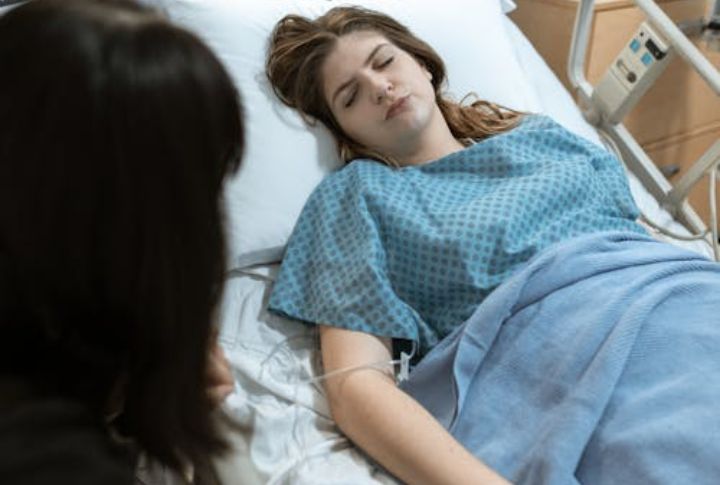
Studies by Ortho Atlanta confirm that EEG recordings show the brain’s auditory system remains active hours before death, unlike other senses. Families sometimes notice reactions to voices, which suggests that whispered goodbyes might still be heard.
Appetite And Thirst Disappear
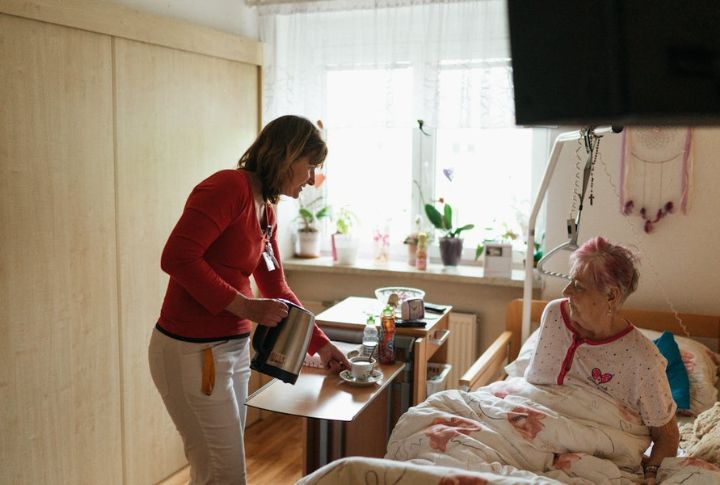
The body gradually stops digesting food in the final days of life, conserving energy for essential functions. Such a response is a natural part of dying, not starvation. Offering food at this stage may lead to discomfort rather than comfort. Interestingly, many patients no longer feel hungry as death approaches.
Energy Surges Just Before The End
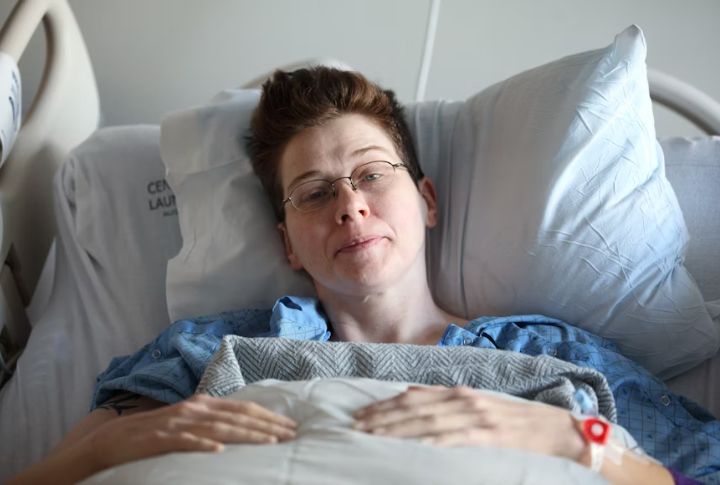
A sudden return of clarity or alertness near death is known as “terminal lucidity.” It may occur just hours or just minutes before passing. During that brief period, some people speak clearly or seem more aware. Though often mistaken for recovery, the cause remains unclear, possibly tied to hormonal or neurological shifts.
Moaning Or Gurgling Sounds Occur
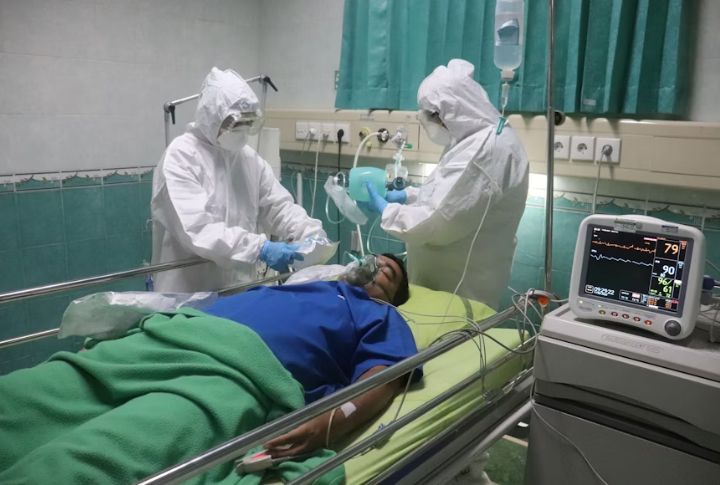
During the dying process, throat muscles relax, which allows saliva and fluids to pool in the airway. The resulting buildup can create a distinctive “death rattle” during breathing. While not painful for the person, the sound can be distressing to hear. Turning the person on their side may help lessen the noise.

